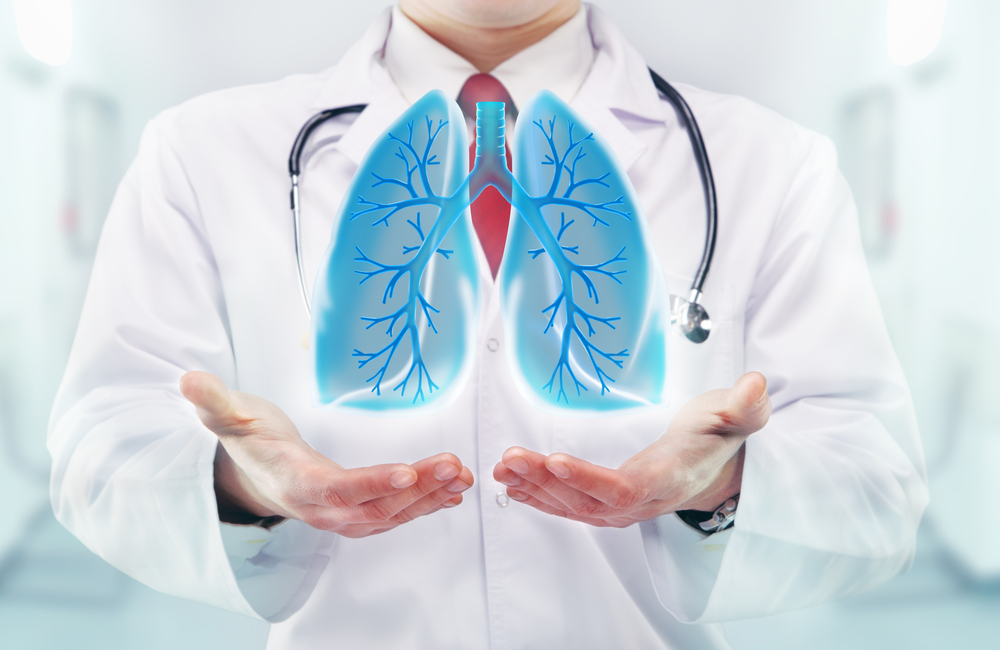Lung cancer begins in your lungs. Like other cancers, it arises when normal cell division and growth processes are interfered with, resulting in abnormal, uncontrollable growth.
The cells multiply to form a mass or tumour. Of all cancer types, lung cancer is one of the most dangerous and one of the leading causes of cancer deaths worldwide.
If you reside in Mumbai, you should consult the best lung specialists in Mumbai at the appropriate time to diagnose lung cancer and get it treated with the best medical facilities.
Types Of Lung Cancer
There are two main types of lung cancer – small cell lung cancer and non-small cell lung cancer. These descriptions describe how cancer cells appear under a microscope. Compared to small cell lung cancer, non-small cell lung cancer is more prevalent.
Is Lung Cancer Common?
With 2.1 million new cases and 1.8 million fatalities only in 2018, lung cancer is the most common cancer in the world.
What are the stages of lung cancer?
The staging process enables the doctor to fully comprehend the scope of the patient’s cancer to make treatment decisions and forecast expected results. Cancer staging is described by doctors using precise terminology. There are three main stages of lung cancer:
- Localised: The lung is the only site of cancer.
- Regional: Cancer has spread to the chest’s lymph nodes (or glands).
- Distant: Cancer has metastasised or spread to different body parts.
The earlier you contact the lung specialist, the easier it is to treat cancer. You can find the best lung specialists in Mumbai at Nanavati Max Hospital.
Lung Cancer: Diagnosis
To diagnose lung cancer, there are multiple tests that can be conducted by the doctor:
- Chest x-ray: Your doctor will perform a chest x-ray as the initial test to check for any abnormal lung tissue. Your doctor might request additional tests if there is anything suspicious.
- Computed Tomography (CT) scan: A CT scan creates fine-grained cross-sectional images of your body using x-rays. Lung tumours are more likely to be detected by a CT scan than by a routine chest x-ray.
- It can also locate enlarged lymph nodes that may house cancer that has spread and show the size, shape, and location of any lung tumours. This examination can also check for tumours that may have developed due to lung cancer spreading in the liver, brain, adrenal glands, and other organs.
- Magnetic Resonance Imaging (MRI) scans: MRI scans produce detailed pictures of the body’s soft tissues, just like CT scans. However, MRI scans substitute radio waves and powerful magnets for x-rays. MRI frequently scans potential lung cancer spread to the brain or spinal cord.
Other imaging tests include Positron Emission Tomography (PET) scans or bone scans. Tests like Thoracentesis, Sputum Cytology, etc., are also used to diagnose lung cancer.
Treatment For Lung Cancer
Doctors may use surgery, chemotherapy, radiation therapy, targeted therapy, or a combination of these treatments to treat non-small cell lung cancer patients. Chemotherapy and radiation therapy can treat people with small cell lung cancer.
- Surgery: An operation where doctors remove cancerous tissue.
- Chemotherapy: Using unique medications to reduce or eradicate cancer. The drugs may be taken Ecommerce Business orally, administered intravenously, or occasionally both.
- Radiation treatment: Using X-ray-like high-energy radiation to eradicate cancer.
- Targeted treatment: Using medication to stop the development and spread of cancer cells. The drugs may be administered intravenously or as pills.
Depending on the lung cancer and its spread, various treatment options exist. Wisely choose the cancer specialist in any cancer hospital in Mumbai and the medical facility where you wish to get treated.
Related: The Benefits of Chemoembolization for Liver Cancer Treatment







